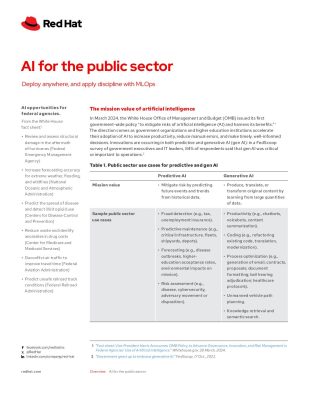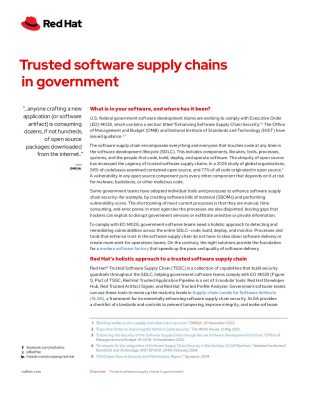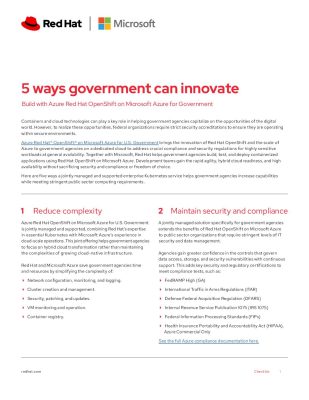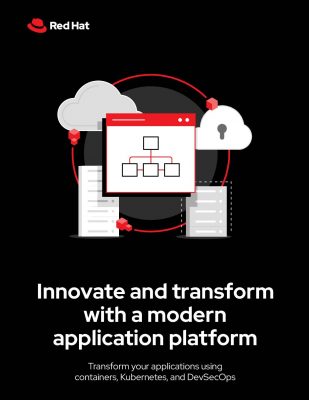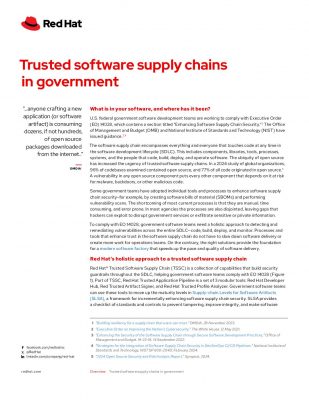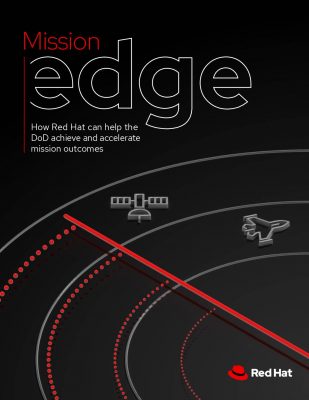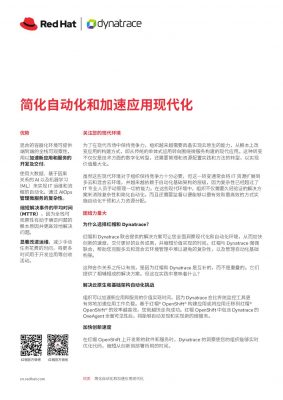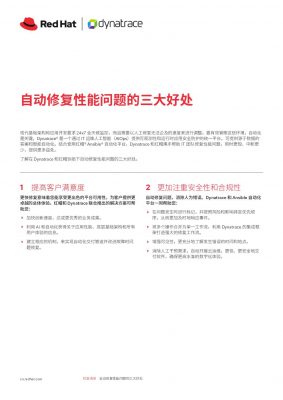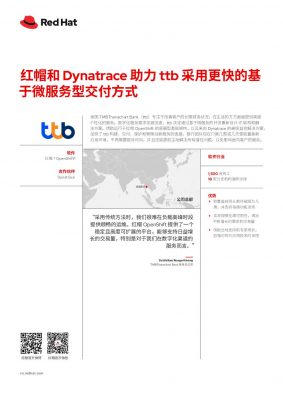ROI is an important term in the area of technology and innovation. Considering the rise and impact of cloud technology in organizations, let us understand it from the lens of ROI. Now measuring ROI in the cloud by comparing revenues against costs doesn’t tell the complete story. It is essential to view and comprehend different outlooks apart from the cost incurred.
In this article, we tried to factor in other aspects which can help you understand the ROI of cloud technology.
Cloud reduces hardware costs
If your business had an on-premise infrastructure, it is less likely for you to bear the hardware costs, whereas you must be feeling overwhelmed with the cost associated with hardware. Now, let us see what happens after incorporating cloud technology within the environment. As soon as you migrate your workload to the cloud, the cost of maintaining and refreshing hardware diminishes gradually.
Also, the advantage of lower cost is by getting provision of what you require. It means that rather than purchasing a server of 3 TB of storage capacity when you only need to store 500 GB of data, you can put in 500 GB of data storage in the cloud. It will save money and also eliminate excess capacity. You can only acquire storage in the cloud where it is required.
Cloud introduces you to latest technologies
In the present scenario, companies are in the circle of tough competition. Every organization is trying to level up their game with their data being incorporated correctly and generate accurate analytics to meet the desired goals.
In such a condition, not having access to IoT analytics, machine learning, or edge computing will find it challenging to keep pace with competitors and plan. So, the cloud introduces businesses with other cloud technologies that give companies operating in the cloud a massive advantage over on-premises competitors.
Cloud improves productivity, collaboration
When users operate in an interconnected cloud environment, it promotes collaboration and encourages productivity. This becomes useful when business is spread over multiple locations or when people from different fields work together.
Cloud makes it possible for all of them to come together in a Cloud Center of Excellence to govern the existing environment and create strategies for future projects.
Cloud encourages upskilling
You no longer can account for skills that only serve the company’s infrastructure; skills need to be global and universal. These skills help you combat the ever-changing circumstances and promise relevance and being at the forefront of technology in the long term.
Therefore, it generates ROI in terms of upskilling individuals with the right skills, no matter which company or country you work in. Working at the best places holding the top jobs, one needs to level up their talent and ensure a better future.
Cloud supports international compliance
Cloud offers opportunities to go beyond the national boundaries and still provide services. Working in a virtual space allows building fundamentals of respecting any guidelines and regulations of any local market.
You or any other presenter of the technology doesn’t need to have a physical presence. Also, one can easily refrain from setting up any physical infrastructure at such places.
Cloud brings leader’s support
A leader’s involvement and support are essential for cloud migrations to succeed. There can be ups and downs in the journey. Money might flow out for a while. So, it is vital to have the support of an authority that can help.
Support of leaders might not feel lucrative immediately, but the impact will be seen after years down the lane. Getting someone to handle the cloud project and look at it differently will offer a future-proof angle and provide wisdom from past challenges.
So, moving to the cloud is more than just a number game. Any organization that caters to cloud technology brings in better skills, collaboration, latest technologies, international compliance, cuts hardware costs, and involvement of leaders to assist the plan. A company grows in terms of revenue, besides being broad and dynamic in the truest sense.
To get into the fundamental insights of cloud technology, you can download our whitepaper.

